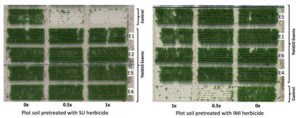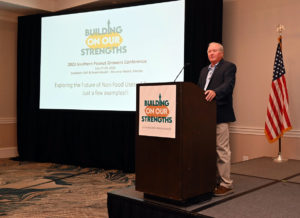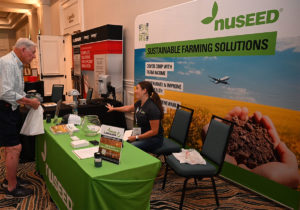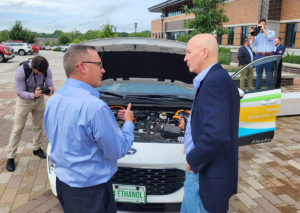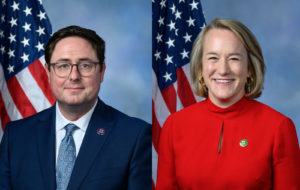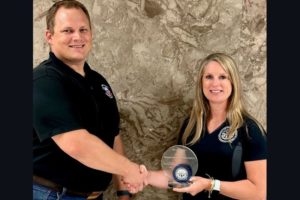 The North Dakota Public Service Commission issued a unanimous decision on Friday to reject the Summit Carbon Solutions permit application for a carbon pipeline route in the state of North Dakota, ruling that the company “has not provided sufficient evidence to demonstrate that the location, construction, operation and maintenance of the project will produce minimum adverse impacts upon the welfare of the citizens of North Dakota.”
The North Dakota Public Service Commission issued a unanimous decision on Friday to reject the Summit Carbon Solutions permit application for a carbon pipeline route in the state of North Dakota, ruling that the company “has not provided sufficient evidence to demonstrate that the location, construction, operation and maintenance of the project will produce minimum adverse impacts upon the welfare of the citizens of North Dakota.”
Summit filed requested to construct approximately 320 miles of carbon dioxide pipeline in the state, originating at facilities in Nebraska, Iowa, South Dakota, and Minnesota, crossing through North Dakota, to then be injected for permanent sequestration northwest of Bismarck.
The PSC said concerns were raised by the State Historical Preservation Office about the pipeline which were not addressed, and the U.S. Geological Survey noted 14 areas of potential geological instability within the project corridor.
Summit Carbon Solutions said in a statement that it respects the decision by the PSC. “We will revisit our proposal and reapply for our permit. We’re committed to understanding and incorporating the considerations outlined in the decision. We are confident that our project supports state policies designed to boost key economic sectors: agriculture, ethanol, and energy.”
PSC held five public hearings around the state which included hours of testimony and public comment during which concerns from landowners and citizens regarding eminent domain, safety, the policy of permanent CO2 sequestration and storage, setback distances, potential harm to drain tile systems, impacts on property values, and the ability to obtain liability insurance due to the project were raised.





